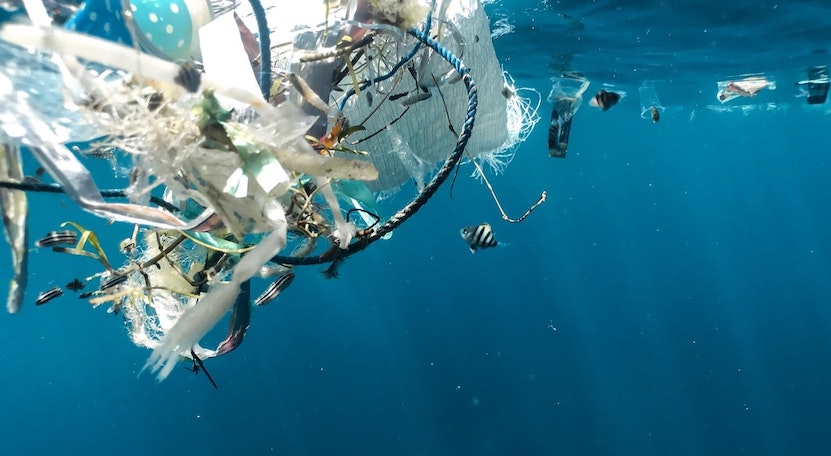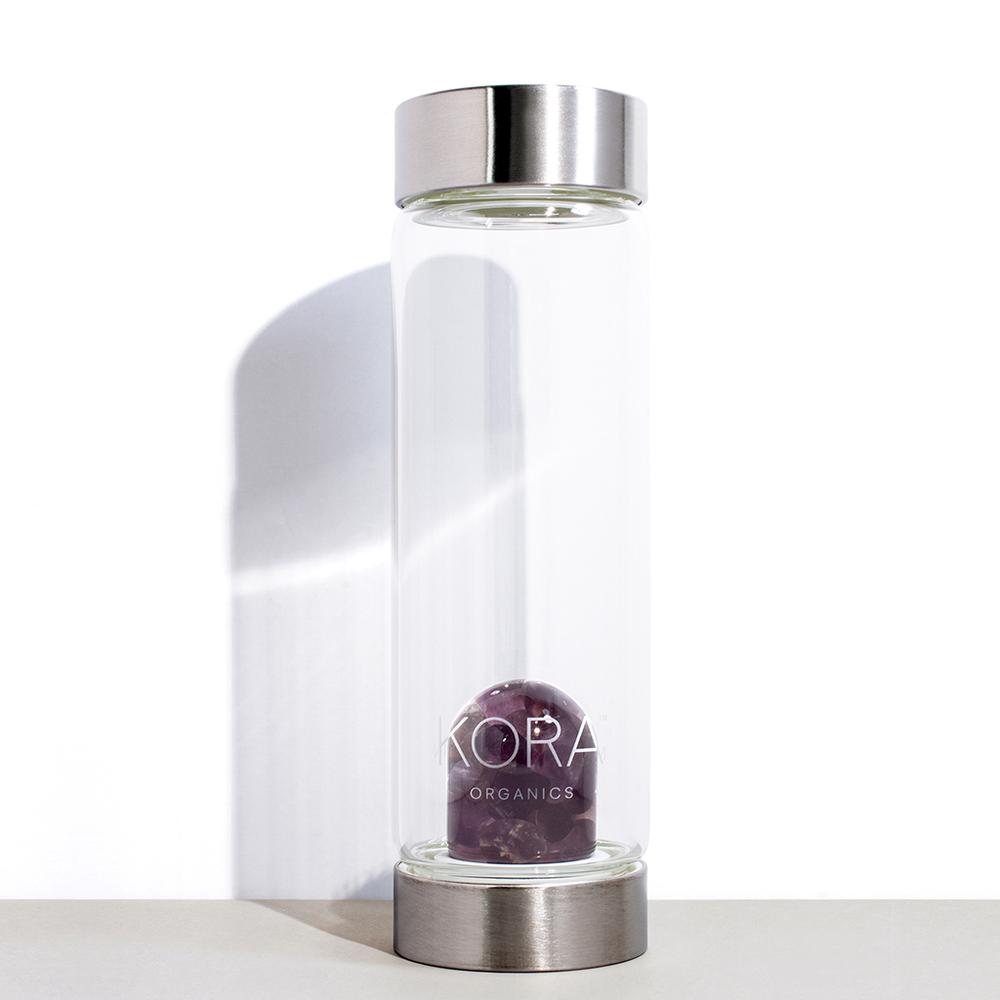The Australian Marine Conservation Society state that a variety of single-use plastic items are littering the ocean at a rapid rate. They advocate avoiding everyday plastic items and opting for more eco-friendly alternatives. We couldn’t agree more, and have shared our solutions to do our bit daily for ocean health.
We’ve been inspired by their list of 10 plastic single-use items to avoid—here’s why:
1. Shopping Bags
Plastic bags are said to cause the most amount of chaos in the ocean. As they’re so lightweight, they can travel via wind, from land to water, and can trap and entangle marine life as a result.
We suggest a fabric tote to carry with you everywhere you go. Fabric bags are also longer lasting and much less likely to break mid-carry!
2. Plastic Cutlery
A not so pleasant statistic they state is that below 50% of plastic utensils are recycled, with the other 50% ending up in landfill or our waterways.
Metal reusable travel cutlery is our suggestion for travel and adventures, while bamboo cutlery is a good option for a stylish event.
3. Plastic Straws
They also report that plastic straws can take up to 200 years to break down and pose many a threat to marine life in that time.
Metal or glass straws are not only helping the environment, but they’re also boosting your health by skipping the pollutants in plastic.
Our glass and crystal straw is one of Miranda’s favorite ways to energize her daily water intake.

4. Plastic Fruit + Vegetable Bags
Even when binned and intended for landfill these lightweight—and often non-recyclable—bags can travel by air and end up littering the ocean.
Try carrying reusable lightweight fabric bags with you in your shopping tote. They’re better for the environment and better for your food too.
Another benefit is placing the filled cloth bags straight from your shopping tote into the fridge. Fabric helps to keep fruit and vegetable’s crisp, for longer.
5. Balloons + Party Decorations
The scene of a runaway balloon may look serendipitous yet not if it ends up as trash in the ocean. The same can be said for the string that ties them and plastic party decorations too.
We suggest decorating with fresh flowers and DIY decorations made from repurposed fabric and paper. You may love our eco styling tips too!
6. Plastic Bottles + Lids
Although some plastic bottles are recyclable, a staggering number still end up washed ashore or collecting in waterways.
We say: reuse glass bottles and jars, and invest in a reusable drink bottle to minimise plastic waste. It’s also a step up for your health.
You may like our crystal infused drink bottles that energizes water with a crystal of choice before you drink!

7. Plastic Takeaway Containers
Not only plastic containers themselves but the food scraps within them contaminate eco-systems and endanger marine life—if they end up as trash in the ocean.
Try to minimise buying products in plastic containers, yet if it’s unavoidable, we suggest washing and recycling them or reusing around the house. If not in the kitchen, they can be handy in the laundry, garage, and children’s playroom as storage containers.
8. Polystyrene Products
Polystyrene does not have a happy ending for the environment as it is not biodegradable and non recyclable either. It is made-up of mostly air which means it can travel through the wind—and often end up polluting the ocean and waterways.
We suggest choosing to shop with brands that have sustainable packaging, and steer clear of polystyrene.
9. Plastic Lined Coffee Cups + Lids
The number of coffee cups and plastic lids used daily is staggering and said to be over 2.7m in Australia per day, alone. Some cups include a thin plastic lining to prevent the cup from leaking which then inhibits the recycling process.
We recommend purchasing a keep cup for daily use. Plus, it keeps the contents hotter for longer!
10. Disposable Plastic Cups, Plates + Bowls
They estimate that these types of plastics take up to 450 years to decompose. Even if these are binned, the lightweight nature of plastic means it can fly away from landfill and collect in the ocean and waterways.
We suggest bamboo which is disposable and biodegradable; it also has a nice aesthetic! If you must choose disposable, try to make sure it’s been recycled and can be recycled once again.
If you want to get involved with the Australian Marine Conservation Society please join us in signing their petition to ban everyday single-use plastics:
With love,
KORA Organics
Image credit: @naja_bertolt_jensen







